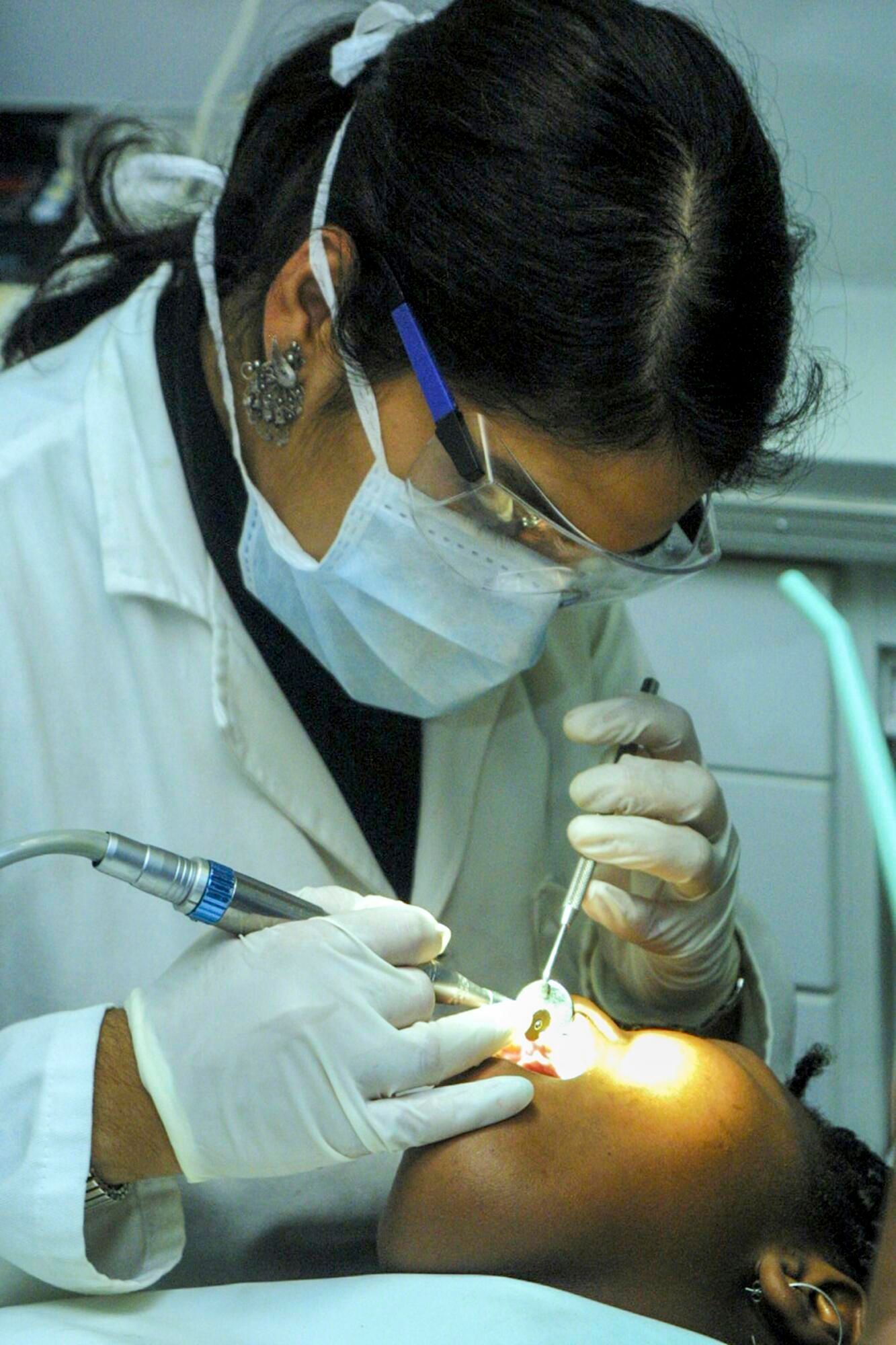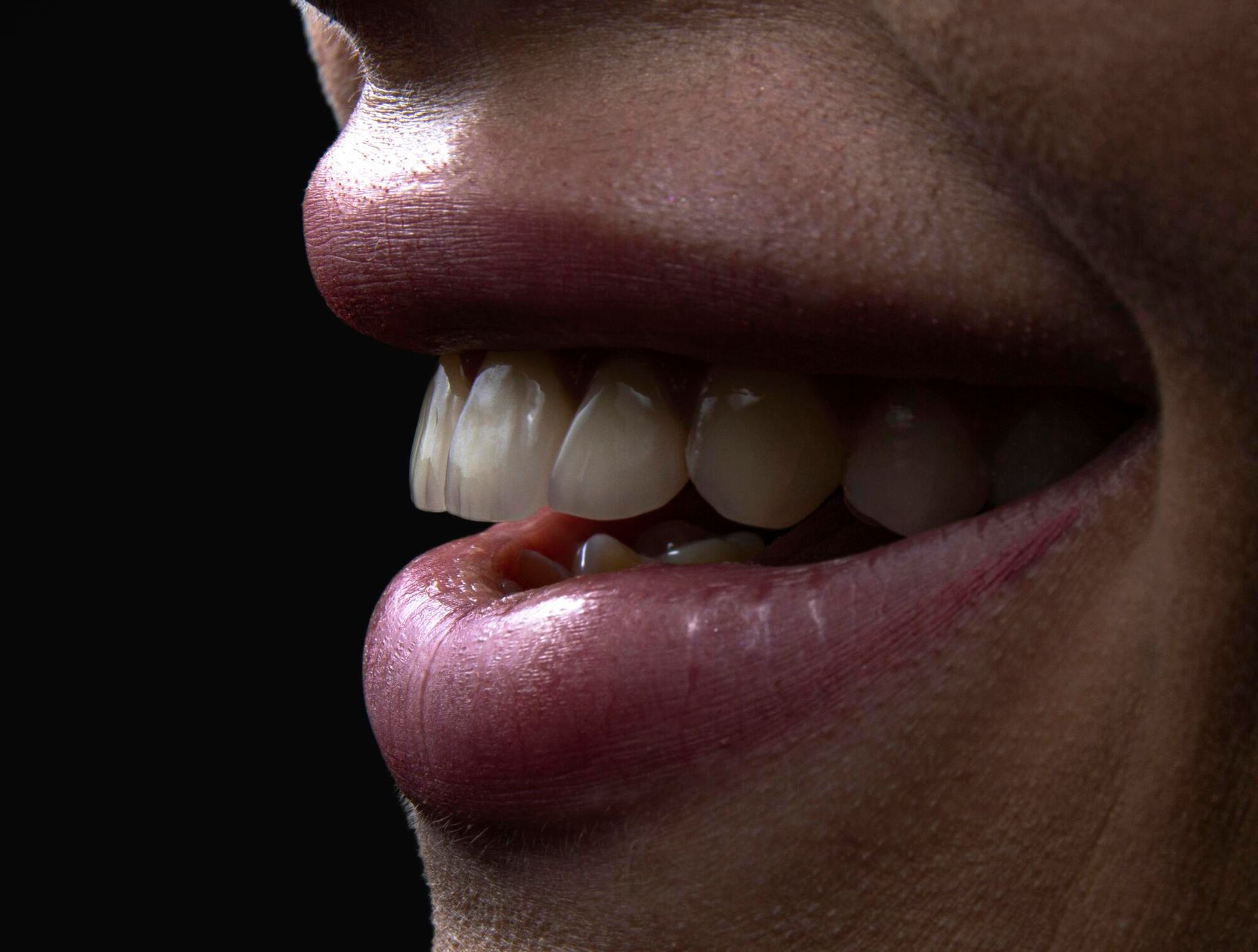Impacted teeth can cause inflammation of the gums (pericoronitis), leading to pain and swelling. According to the National Institutes of Health (NIH), wisdom teeth removal is a common oral surgery performed to prevent or fix such problems.
If you're in Tampa wondering what to do after wisdom teeth removal, then you need clear, practical guidance. This guide offers key wisdom teeth recovery tips, a smart post-surgery diet for wisdom teeth, and post-surgery oral care advice.
Following these steps will help reduce pain, prevent infection, and reduce recovery time after tooth extraction. Gain confidence navigating your recovery with solid wisdom teeth removal advice; read on for the lowdown.
Surgery Day and First Hours
The day of your wisdom teeth removal can feel overwhelming, but knowing what to expect helps you stay calm. After your surgery, you'll likely feel groggy or sleepy due to the anesthesia; this is completely normal.
To protect your the surgical site during this critical time, focus on a few key actions:
- Use ice packs
- Keep your head elevated
- Avoid rinsing
- Bite the gauze gently
Applying ice packs on your cheeks during the first 24 hours is crucial to reduce swelling and numb the pain. Keep your head raised when lying down; this position slows bleeding and eases discomfort.
Avoid rinsing your mouth or spitting forcefully for the first 24 hours, as this can dislodge the blood clot protecting the socket and cause a painful dry socket. If bleeding continues, apply gentle pressure with clean gauze for about 30 minutes.
Taking prescribed pain meds on schedule will keep soreness manageable. Applying ice early controls swelling and reduces pain the most.
Wisdom Teeth Recovery Tips
Recovering from wisdom teeth extraction demands patience and care, especially during the first 48 hours.
Follow these important steps to support your recovery:
- Rest for 2 days
- Follow the pain meds
- Avoid touching the site
Stick to your pain medication schedule to stay comfortable and avoid letting pain spike. Resist the urge to poke or touch the extraction area with your tongue or fingers, as this can introduce bacteria or disrupt healing.
Sleeping with your head elevated at night reduces swelling and discomfort. Proper oral care post-surgery is key to avoiding infection and speeding healing from teeth extraction.
Post-Surgery Diet for Wisdom Teeth
Eating the right foods after your wisdom teeth removal plays a huge role in your healing.
Here are some diet tips to follow after surgery:
- Eat soft foods
- Drink plenty of water
- Avoid hot drinks
- No straws use
Stick to soft, cool foods during the first few days to avoid irritating the extraction sites.
Avoid hot, spicy, or crunchy foods that can cause pain or get stuck in the wounds. Hydration is important, but avoid using straws because sucking can dislodge the blood clot and lead to dry socket.
Try smoothies, yogurt, mashed potatoes, or soup at lukewarm temperatures. Gradually reintroduce firmer foods as you heal, but listen to your body if any food causes discomfort.
Maintaining a balanced diet helps your body fight infection and repair tissue. Choosing the right foods can speed healing and reduce pain after surgery.
Managing Pain and Swelling
Controlling pain and swelling after wisdom teeth removal is key to a smoother recovery.
Here are effective ways to manage pain and swelling:
- Use ice packs
- Switch to warm compresses
- Take pain meds on time
- Avoid smoking
Ice packs applied during the first day reduce swelling and numbness.
After 24 hours, switch to warm compresses if swelling persists. Follow your oral surgeon's instructions on pain medication carefully; do not exceed the recommended dose.
Avoid smoking or using tobacco products as they delay healing and increase the risk of infection. Try to stay calm and relaxed; stress can worsen pain perception.
Resting and following your surgeon's advice will help your body recover efficiently. Proper pain management reduces discomfort and speeds up healing.
Oral Hygiene After Surgery
Keeping your mouth clean after wisdom teeth removal is vital for avoiding infection.
Here's how to maintain oral hygiene during healing:
- Rinse with salt water
- Avoid vigorous brushing
- Skip mouthwash with alcohol
- Keep food away from wounds
For the first 24 hours, avoid brushing near the surgical area.
Instead, rinse gently with warm salt water after meals to reduce bacteria and ease swelling. You can resume gentle brushing after the first day, but be very cautious around the back teeth.
Do not use commercial mouthwashes that contain alcohol; they can irritate the healing tissue. Tilt your head to allow water to move naturally rather than swishing hard.
Use a soft-bristled toothbrush and be patient with the process. Good hygiene lowers the risk of infection and speeds healing.
When to Call Your Dentist
While some discomfort is expected, being aware of the warning signs of complications is crucial. If pain worsens after several days or swelling increases suddenly, you might be dealing with an infection or dry socket. Bleeding that won't stop after 24 hours also needs professional attention.
If you see these signs, you should call your dentist:
- Persistent bleeding
- Sharp, worsening pain
- Swelling or pus
- Fever or chills
Don't wait it out if you feel something's wrong. Your oral surgeon or dentist in Tampa can assess the problem and recommend the next steps. Knowing when to get help prevents small issues from becoming serious.
What to Eat and Drink
After wisdom teeth removal, your mouth needs time to heal, so eating soft, gentle foods is the way to go. Hot, crunchy, or chewy items can irritate the wound or even cause complications. Start slow, and listen to your body.
Here are good food and drink options after surgery:
- Yogurt or pudding
- Applesauce or mashed potatoes
- Smoothies without seeds
- Cool water and herbal tea
Avoid using straws for at least a week; the suction can dislodge the blood clot and lead to dry socket, which is painful and delays healing. Stick with cool or lukewarm drinks, and try to keep chewing to a minimum in the first few days.
As your comfort improves, you can gradually add in more texture. Choosing the right foods helps you heal without added discomfort.
How to Sleep and Rest
Rest plays a bigger role than most people think. In the first 48 hours, especially, your body needs to focus on repair and recovery. However, it's not just about getting sleep; how you sleep matters significantly after oral surgery.
Tips for sleeping well after surgery:
- Elevate your head
- Avoid sleeping on your side
- Use a towel to catch drool
- Skip naps right after medication
Sleeping flat can increase bleeding and swelling, so try to sleep propped up with pillows. If you're a side sleeper, train yourself to stay on your back for a few nights.
Take breaks from screens or loud activities during the day. Proper rest gives your body the chance to heal more quickly.
Additional Considerations
Your recovery process will vary based on your age, health, and how complex the extraction was. Plan for at least three days of downtime, even if you're feeling okay sooner.
Set up your home with essentials like soft snacks, extra gauze, prescribed meds, and a quiet space to rest. Let friends or family know you may need a hand, especially in the first 24 hours.
Pain relief is one of the most important parts of a smooth recovery. Take any prescribed medication exactly as directed and use over-the-counter options like acetaminophen or ibuprofen if needed.
Avoid aspirin, as it can increase bleeding. Most people experience the worst pain around day two or three, before it begins to ease off. If pain becomes sharp, throbbing, or lasts beyond a week, don't ignore it; call your dentist.
Swelling is also part of the body's natural healing response after removing impacted teeth. Use a cold compress during the first day to reduce inflammation, applying it for 15 minutes at a time.
After 24 hours, a warm cloth can help loosen the jaw and improve circulation. Bruising may appear, too, especially along the jawline. It's usually harmless and fades within a week.
Keep a close eye on your extraction site. A little blood is normal for the first day, but anything more than oozing should be addressed.
Don't spit forcefully, poke at the site, or drink through a straw. These actions can dislodge the clot and lead to dry socket. Prioritize rest, hydration, and gentle hygiene to help your mouth recover fully.
Understanding What to Do After Wisdom Teeth Removal
Understanding what to do after wisdom teeth removal helps you heal faster and avoid painful complications. Stick to soft foods, keep the area clean, and follow all aftercare instructions provided by your dentist.
At Tersa Oral and Facial Surgery, we combine cutting-edge technology with personalized care to make your wisdom teeth removal as comfortable as possible. Our board-certified surgeons utilize minimally invasive techniques that minimize pain and expedite healing. We tailor every treatment to the patient's needs, ensuring clear communication and support throughout the consultation, treatment, and recovery process.
Together, we can navigate your oral surgery with confidence, knowing you're in expert hands that prioritize your comfort and safety. We invite you to take a look at our reviews to realise you'll be in good hands.




